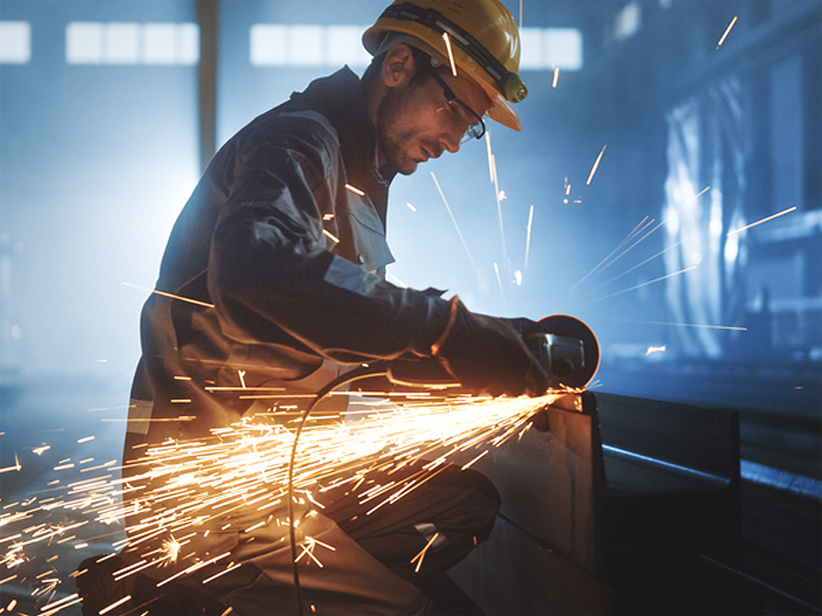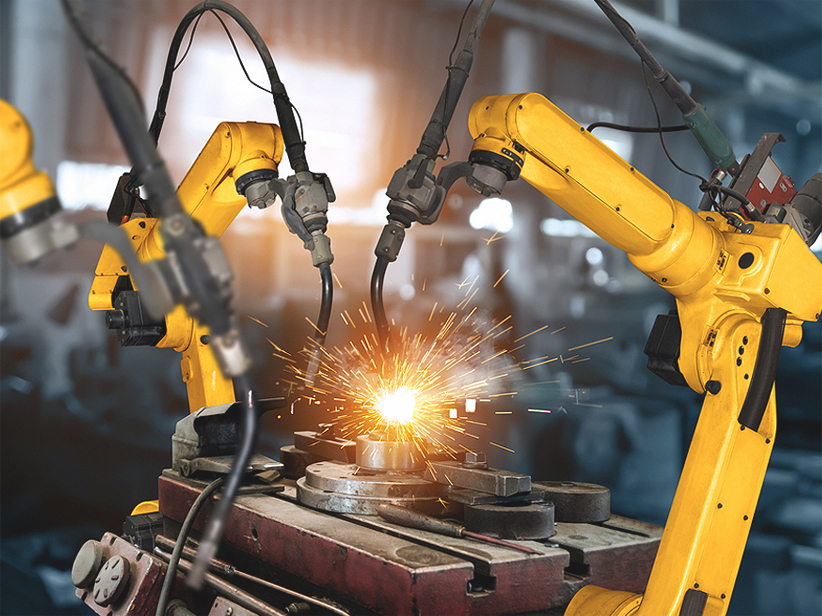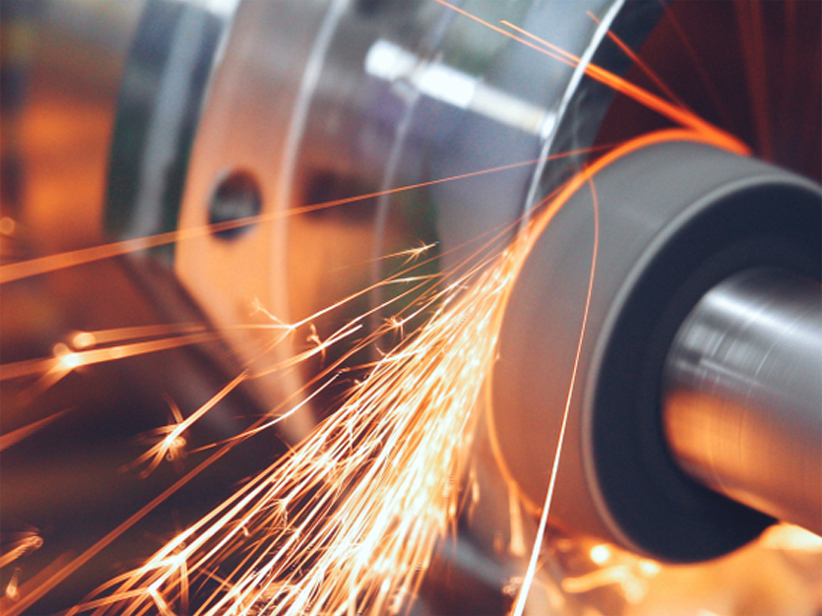Description
Stainless Steel Grade 420C / 1.4021 is a high-carbon martensitic stainless steel that provides high strength, hardness, and wear resistance. It is capable of being hardened through heat treatment and offers a good combination of corrosion resistance and toughness. This grade is widely used in applications that require both high mechanical properties and moderate corrosion resistance.
Chemical Composition
Carbon (C): 0.15 - 0.40%
Chromium (Cr): 12.0 - 14.0%
Manganese (Mn): ≤ 1.0%
Silicon (Si): ≤ 1.0%
Sulfur (S): ≤ 0.030%
Phosphorus (P): ≤ 0.040%
Iron (Fe): Balance
Mechanical Properties
Tensile Strength: 650 - 880 MPa
Yield Strength: 450 - 650 MPa
Elongation at Break: 20 - 30%
Hardness: 50 - 55 HRC (when heat-treated)
Thermal & Physical Properties
Density: 7.75 g/cm³
Melting Point: 1480 - 1530°C
Thermal Conductivity: 24.9 W/m•K at 100°C
Specific Heat:460 J/kg•K
Electrical Resistivity:600 nΩ•m
Other Designations
UNS: S42000
EN: 1.4021
JIS: SUS 420J1
AISI: 420
BS: 420S29
Fabrication and Heat Treatment
Machinability: Grade 420C / 1.4021 is readily machinable in its annealed state. It requires slow speeds and constant feeds to minimize the risk of work hardening.
Formability: It can be formed using conventional methods but has limited cold forming capabilities due to its high strength and hardness.
Welding: Preheating and post-weld heat treatment are recommended to reduce the risk of cracking. Common welding methods include TIG, MIG, and resistance welding.
Heat Treatment:
Annealing: Heat to 840-900°C, then cool slowly in the furnace.
Hardening: Heat to 980-1050°C, followed by air cooling or oil quenching.
Tempering: Heat to 150-370°C to achieve desired hardness and mechanical properties.
Applications
Cutlery: High-quality knives and blades.
Surgical Instruments: Scalpels and other medical tools requiring sharpness and strength.
Industrial Tools: Shear blades, cutting tools, and industrial knives.
Automotive: Parts requiring high wear resistance and moderate corrosion resistance.
Valves and Pumps: Components that require high strength and wear resistance.
Supplied Forms
Bars
Wires
Coils
Features
High Hardness and Strength: Capable of achieving high levels of hardness through heat treatment, making it ideal for cutting tools and blades.
Good Wear Resistance: Suitable for applications involving abrasive environments.
Moderate Corrosion Resistance: Adequate for environments where corrosion is not severe.
Heat Treatable: Can be hardened to increase strength and durability.
Magnetic Properties: Magnetic in all conditions.






